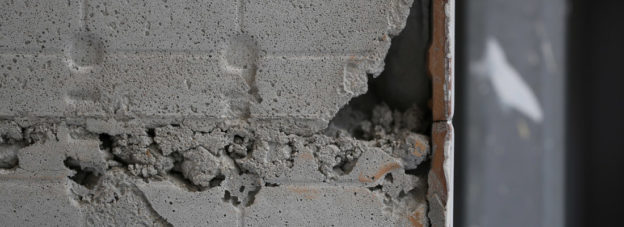In a matter of first impression, the Superior Court of Connecticut (Superior Court), in American Commerce Ins., Co. v. Eastern Fuel Corp., No. CV-206109168-S, 2024 Conn. Super. LEXIS 380, held that a waiver of subrogation provision in a consumer fuel service/delivery contract violated public policy. The Superior Court overruled the motion for summary judgment filed by Eastern Fuel Corporation (Eastern) and determined that the clause was impermissible as the contract was entered into by two parties with unequal bargaining power.
American Commerce Insurance Company (American) provided property insurance to Arlene and James Hillas (the Insureds) for their home in Woodbridge, Connecticut. The Insureds hired Eastern to service their heating system on or around October 25, 2018. The service work at the property included inspecting the oil filters and flushing the fuel lines. On November 1, 2018, when the Insureds turned the heating system on for the first time that season, the two oil tanks on the property were allegedly full. After a series of deliveries, claims that the oil levels were lower than expected, discovering oil staining on the floor and Eastern’s replacement of the oil lines, Eastern delivered another 429 gallons. However, after the delivery, additional leaks were discovered relating to the oil line replacements. Ultimately, the Insureds submitted a claim to American and American paid in excess of $59,000 for the damage incurred.





